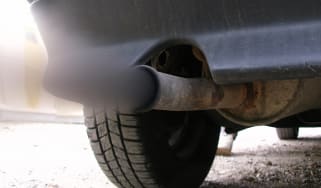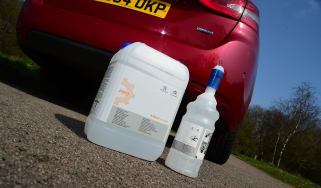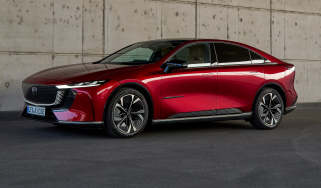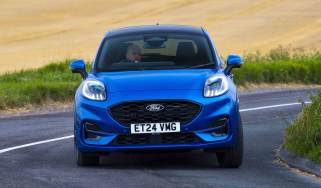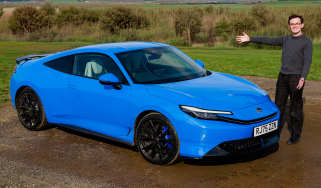Mazda, Toyota and Subaru join forces to develop new engines for hybrid cars
The new engines will be compatible with fossil fuel alternatives like liquid hydrogen and synthetic fuel
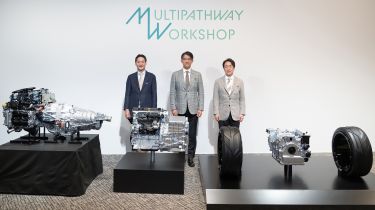
Mazda, Toyota and Subaru will work together to develop new combustion engines tailored for use in hybrid vehicles, and make them compatible with various low-carbon fossil fuel alternatives like liquid hydrogen, biofuel and synthetic fuel.
That’s not all. These new engines will be “highly efficient and powerful”, and more compact than the three Japanese firms’ existing ones. The trio claim this will “revolutionise” vehicle packing, as the smaller engine should allow for lower bonnets and open up more design possibilities, helping to improve aerodynamics, and ultimately deliver better fuel efficiency.
As well as improving engine performance, the co-operative aims to optimise the new engines to be integrated with electric motors, electric drive units and batteries as part of electrified powertrains. Their development process will also emphasise compliance with strict emissions regulations.
President and CEO of Toyota, Koji Sato, said when announcing the collaboration: “in order to provide our customers with diverse options to achieve carbon neutrality, it is necessary to take on the challenge of evolving engines that are in tune with the energy environment of the future.
Subaru’s president and CEO Atsushi Osaki added: “achieving a carbon-neutral society is a challenge that must be undertaken by all of Japan's industries and society as a whole.”
Finally, Mazda president and CEO Masahiro Moro declared: “we will continue to offer customers exciting cars by honing internal combustion engines for the electrification era and expanding the multi-pathway possibilities for achieving carbon neutrality.”
Moro also revealed that Mazda will continue to develop its rotary engines that were featured in some of its most sports cars such as the RX-7 and RX-8, and more recently in the MX-30 R-EV plug-in hybrid. Subaru plans to continue using the flat ‘boxer’ engines it favours, but running on carbon-neutral fuels in the future.
The three brands haven’t given up on developing electric cars, however. Toyota alone plans to launch six pure-electric vehicles by 2026 in Europe, and a total of 30 worldwide by the end of the decade. Subaru is also planning to introduce three new electric SUVs by 2026, which will be developed jointly with Toyota, like its first EV, the Solterra.
Meanwhile Mazda hasn’t launched an electric car since the MX-30 in 2020, but is continuing development of its scalable electric car architecture, aptly named the Skyactiv Scalable platform.
Speaking to Auto Express earlier this year, Deputy General Manager of R&D Mazda Europe, Christian Schultze, said the first EV to utilise this platform will arrive some time “past 2025.” Cars based on the Scalable Skyactiv platform “will be in the heart of our production line-up nowadays,” according to Schultze.
SUVs make up the majority of the Mazda range today and are the brand’s biggest sellers, so an electric SUV would be an obvious first choice if it was going after maximum sales volume. However Schultze added “you can basically make anything you want on [Scalable Skyactiv].
What do you think of Mazda, Subaru and Toyota's plan? Let us know in the comments...


